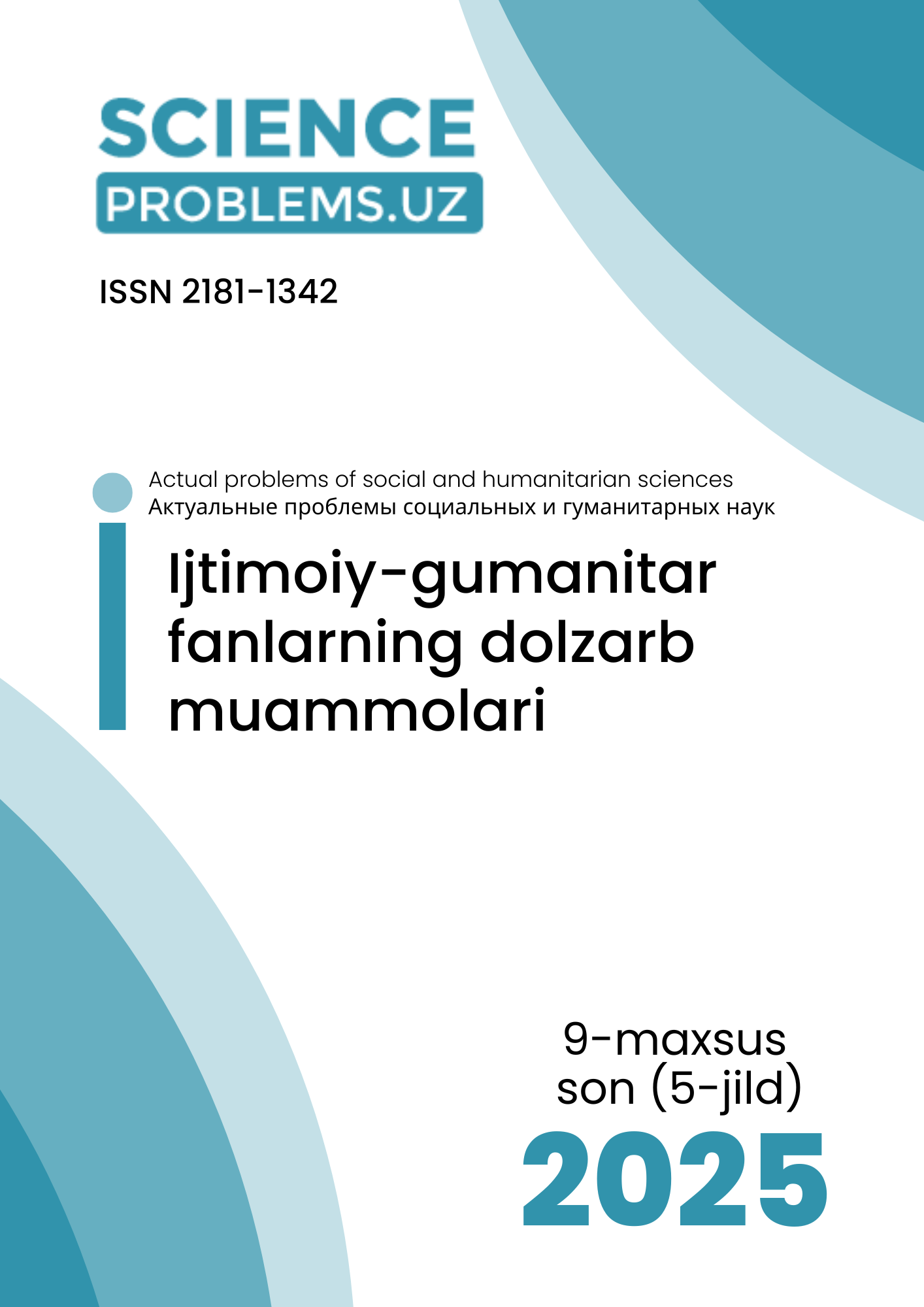INCLUSIVE THINKING — THE PHILOSOPHICAL BASIS OF SUSTAINABLE DEVELOPMENT OF SOCIETY
DOI:
https://doi.org/10.47390/SPR1342V5SI9Y2025N37Keywords:
inclusion, thinking, sustainable development, humanism, justice, values, education.Abstract
This article explores the phenomenon of inclusive thinking as a new philosophical paradigm of contemporary society that ensures harmony, sustainable development, and social justice. Inclusive thinking is defined as the human and societal ability to perceive diversity as a value rather than a deviation. The author analyzes the philosophical, cultural, and ethical foundations of inclusion, emphasizing its role in shaping a humanistic worldview and a culture of participation.References
1. Alievna, C. M. (2024). The Importance of an Inclusive Society. Web of Scientists and Scholars: Journal of Multidisciplinary Research, 2(6), 95–97.
2. Широких, О. Б. (2023). Формирование ценностей социальной инклюзии как основа диалога поколений. Р ец ен з ен т ы: Доктор философских наук, профессор, проректор по научной работе Русской христианской гуманитарной академии имени ФМ Достоевского, 125.
3. Alievna, C. M. (2025). What Is Inclusion and Why Is It Necessary in Education? Western European Journal of Linguistics and Education, 3(3), 113–116.
4. Heidegger, M. (1962). Being and Time. New York: Harper & Row.
5. Levinas, E. (1969). Totality and Infinity. Duquesne University Press.
6. Jonas, H. (1984). The Imperative of Responsibility. University of Chicago Press.
7. Nussbaum, M. (2011). Creating Capabilities. Harvard University Press.
8. UNESCO. (2015). Education 2030: Towards Inclusive and Equitable Quality Education. Paris: UNESCO.
9. Forobiy, A. N. (1993). Fozil shahar ahlining qarashlari. Toshkent: Fan.
10. Немченко, О. В. (2015). ФИЛОСОФСКИЕ ОСНОВЫ ИНКЛЮЗИВНОГО ОБРАЗОВАНИЯ. Инновatsiонная наука в глобализующемся мире, (1), 75-78.








